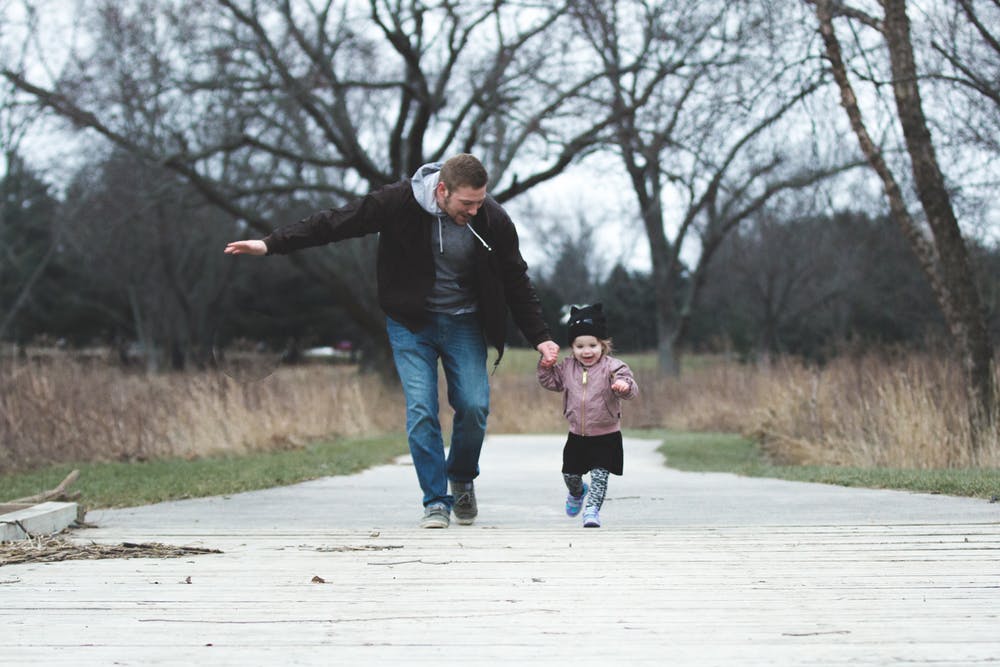Blog

“My Toddler Doesn’t Sit Still, Focus for His Cleveland Speech Therapy”
Occasionally parents are concerned when their toddlers don’t sit still and focus during their Cleveland speech therapy sessions. Sometimes, the concern extends to other settings too. They fear their child isn’t getting the most possible out of whatever the activity, anxious that they won’t be ready for day care or preschool or kindergarten.
But here’s a truth our speech therapists learned a long time ago: Whether a toddler is speech-delayed or not, you can’t force him or her to sit down, sit still and pay attention. You can’t force a toddler (or anyone, really) to do and learn something if they aren’t interested. But the fact is: That’s not how kids learn anyway – toddlers especially.
Children are Motivated By Movement, Play
We hear questions like this frequently because we are very adamant in preaching early intervention, so children younger than 5 are among our primary speech therapy patients.
This concern often arises because a parent sees another child the same age paying attention, sitting and relaxed for an extended duration. It’s natural to wonder, “If that child can do it, why can’t mine?”
The truth is most toddlers won’t spend a Cleveland speech therapy session (or much other task) sitting still, rapt with attention for very long. In fact, play and movement are much more effective teachers. That means that instead of having an unrealistic expectation that a toddler will learn the way we teach, we must tailor our speech therapy sessions to teach them the way they learn – adjusting not only for their age but whatever sparks interest for the individual themselves.
In other words, we don’t control the toddler, but rather how we respond to the toddler. We follow their lead. We discover their interests and then help set the stage to foster learning and communication that way.
Toddlers, like most children, will best learn to communicate when the whole experience is interactive and they’re having fun. They won’t learn through a method of “traditional” teaching instruction that is rote-learning or adult-centered. Whatever the activity is going to have to make sense to and motivate them.
Sitting a child down and talking at or even showing them a picture of something isn’t usually the best way to teach them. They learn through experiencing it. The word “hot” means nothing unless they have touched something that is hot.
Kids are hard-wired to learn through experience. Their minds are little sponges and they are absorbing so much – even if it doesn’t always seem like it to the adults around them. As speech therapists, our job is to ensure they are getting as much from each Cleveland speech therapy session as possible.
Cleveland Speech Therapy Sessions Should Be Engaging, Fun
Learning to talk and effectively communicate is a lot of work for any child. They must be motivated to do it.
If a child craves movement, it’s our job as speech therapists to find movement-based activities to spur their involvement.
Examples we’ve found to be very effective:
- Swinging
- Bouncing on a trampoline or exercise ball
- Crawling through a tunnel
- Popping bubbles
- Running around
- Playing hide-and-seek
We can facilitate a lot of this in our in-clinic sensory gym, but we also incorporate it at home or in community settings like parks and playgrounds.
From there, we can transition the child to more closed-ended activities using other games or toys in which they’re interested. That can include anything from shape sorters to puzzles to play dough to Legos and building blocks.
Then we can round out our Cleveland speech therapy session with a clean-up song.
The most important thing is to follow the child’s lead! When children are interested, engaged and ready, you’ll be surprised what they can accomplish.
Therapy & Wellness Connection – your connection to a life without limitations – provides speech therapy to children in Cleveland, Brecksville-Broadview Heights and Akron. We also offer summer camp, day programs, education services, vocational counseling and more. Call us at (330) 748-4807 or send us an email.
Additional Resources:
Should I be concerned that my 2-year-old doesn’t say many words and is hard to understand? By Dr. Jay L. Hoecker, Mayo Clinic
More Blog Entries:
Top 10 Causes of Child Speech Delays and Language Problems, Sept. 15, 2019, Cleveland Speech Therapy Clinic Bog
